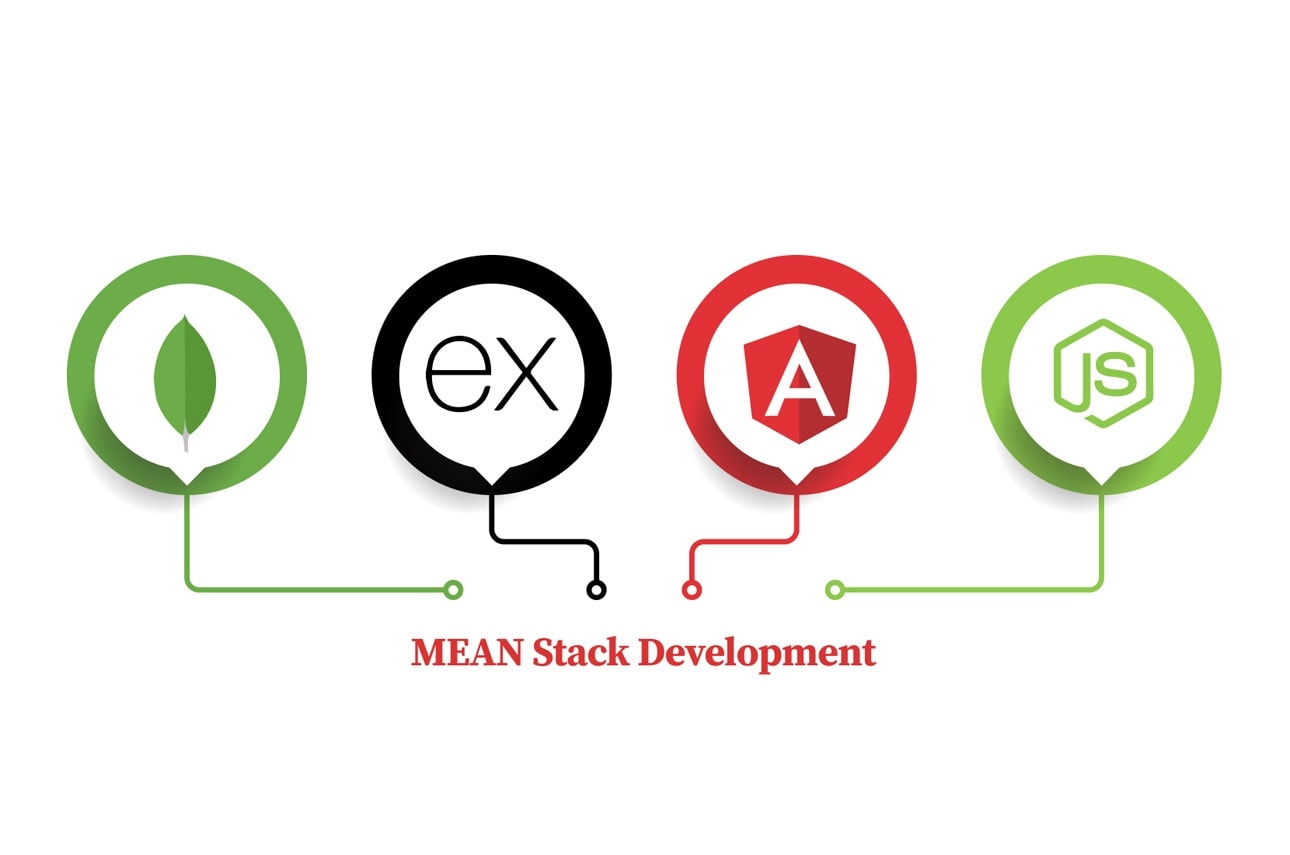MEAN Stack Development Brighten The Future of Web Apps
In today’s dynamic world, churning out rapid application prototypes with super-flexible design which adapts to volatile specifications is the key business requirement. This necessitates a software stack which gives the required freedom and power to the developer to assume a flexible, locally owned schema, in-built support for end to end testability and harness the ever growing open source repository of re-usable plugins for speedy iterations.
The one technology that has been promising fulfilment of all these requirements, in the best manner possible is, MEAN stack development – a contemporary and budding trend for JavaScript development.
MEAN (MongoDB, Express, Angular & Node.js) is an open source JavaScript bundle for web-applications consisting of following components which can very well be used independently:
- MongoDB – Mongo DB is an open source database follow object oriented programming language because it is written on C++. It provides high availability and scalability.
- Express.js – It’s a simple web application framework that works as a server-side JavaScript framework running on top of Node.js
- Angular – Angular is a web supplication based open source framework used to create mobile and web applications. Its productivity, testability, performance and speed is much better than other web based frameworks.
- Node.js – Open source server-side JavaScript runtime environment that run JavaScript code on different platforms like windows, Unix, Linux, Mac OS, and many more.






